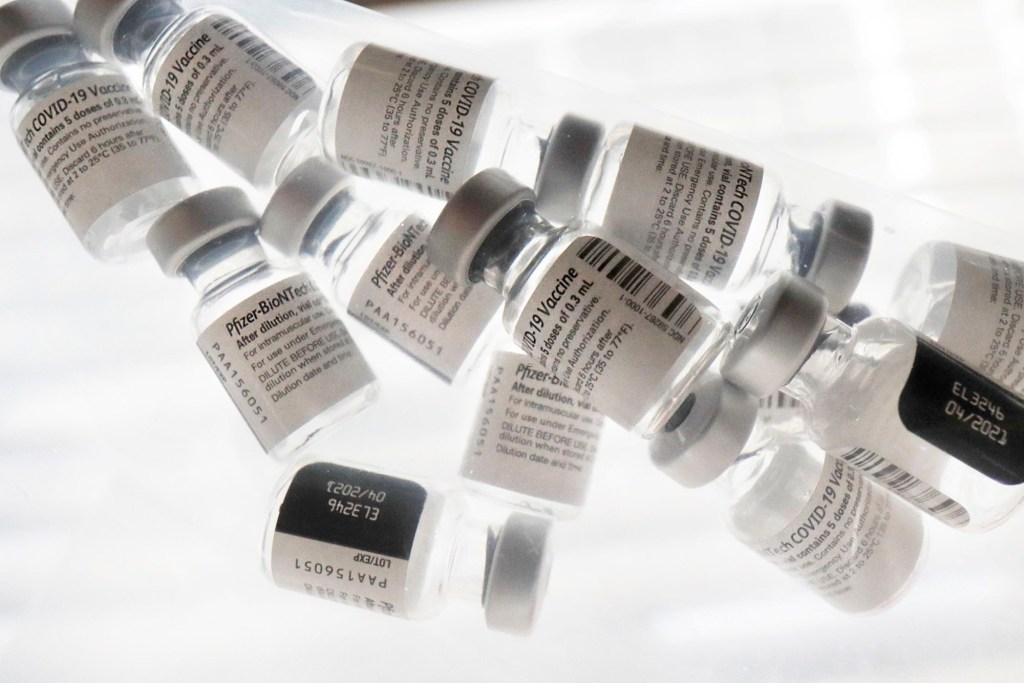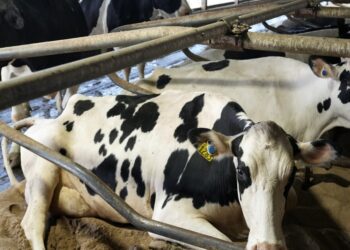By Cailley LaPara, Bloomberg News
In a few weeks, the new COVID booster shot will roll out to Americans, designed to fight recent variants just as cases begin to tick up with colder weather. There is just one hitch with this plan: COVID does not actually appear to be a seasonal virus, as many expected.
When it comes to COVID, “everybody’s using the paradigm they know, which is influenza,” said Gregory Poland, director of the Vaccine Research Group at the Mayo Clinic. “It isn’t working. We just have to be really careful with fooling ourselves into thinking we understand this by saying this is seasonal.”
Since the start of the global pandemic in 2020, the only certain thing about the virus has been that it’s full of surprises. Earlier this year, the Food and Drug Administration announced it was considering a shift away from frequent boosters, replacing them with a seasonal shot for most people, much like the flu. The new shot this fall will target XBB.1.5, the variant that was driving infections in June, when the FDA released guidelines for vaccine developers.
But COVID has not behaved like a seasonal virus. There has been no particular time of year without COVID cases. Mini waves of the virus occur every few months. Recently, hospitalizations in the U.S. started rising after a dip in spring, with 15,000 new COVID hospitalizations the week of August 13, a 19% increase from the week before. By contrast, the flu all but disappears in the warmer months and surges in the cold. All this raises the question: Why are we treating COVID like a seasonal virus? Bloomberg surveyed 11 immunologists, public health officials and infectious disease experts about the best approach to COVID vaccination. While there was no clear consensus, they all agreed that COVID has continued to outsmart us, making it hard to know whether our current vaccination strategy is the best fit for a virus that appears one step ahead.
COVID remains unpredictable. Scientists still don’t…
Read the full article here







